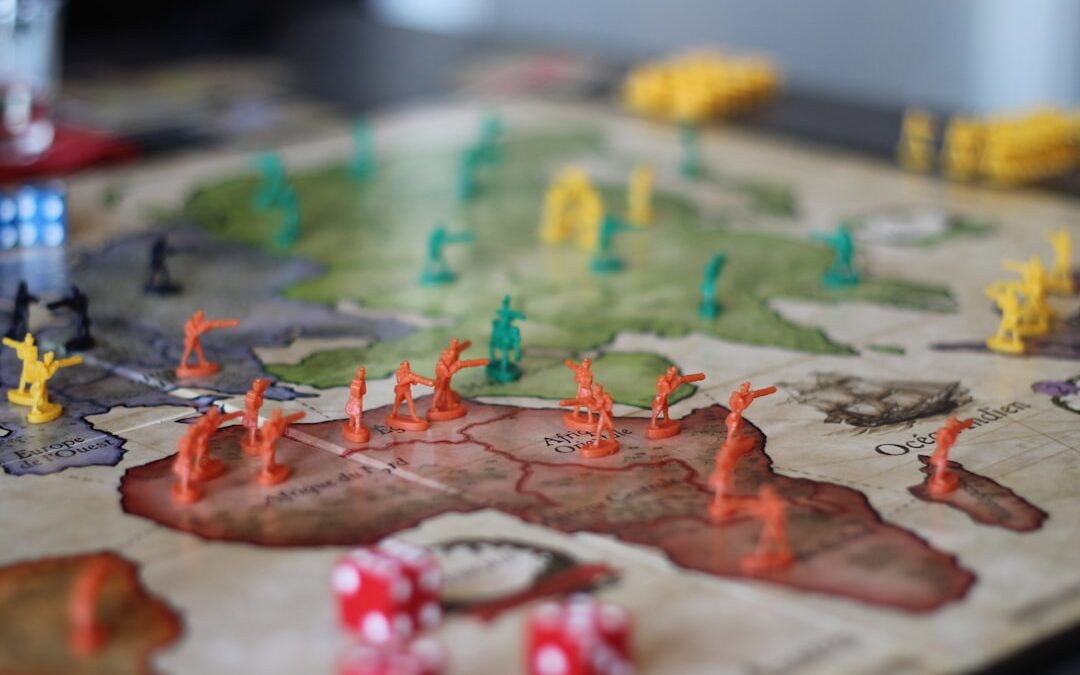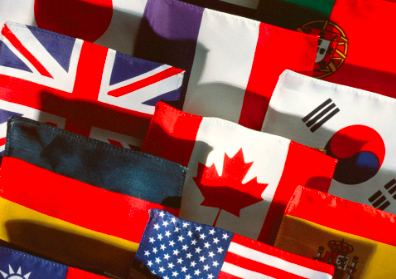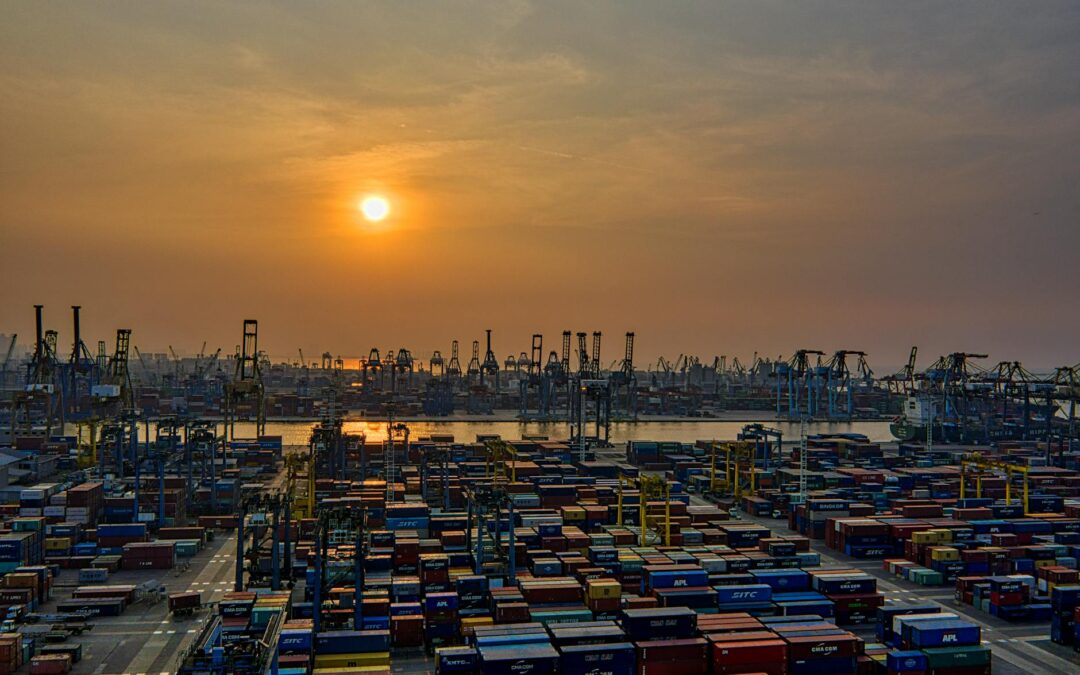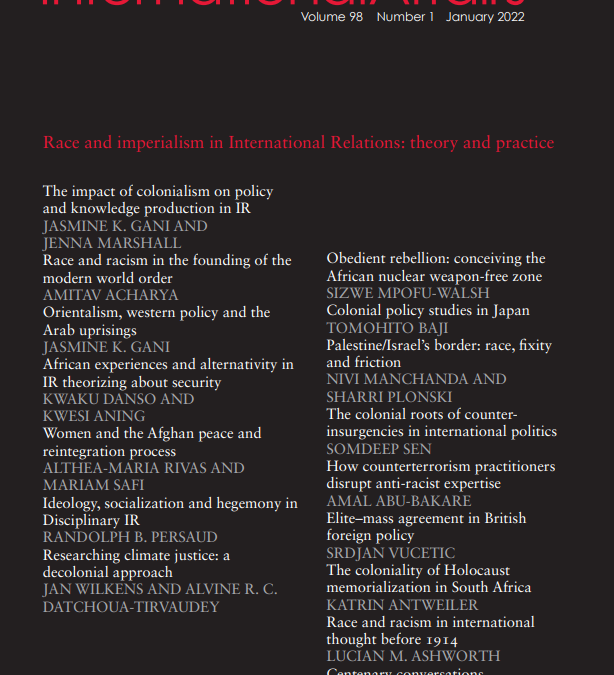I’ve been thinking a lot about the meaning of “responsibility,” specifically in the context of politics and governance. We live in an age of populism, rising authoritarianism, disinformation, climate change, and the slaughter of civilians in places like Gaza and...






